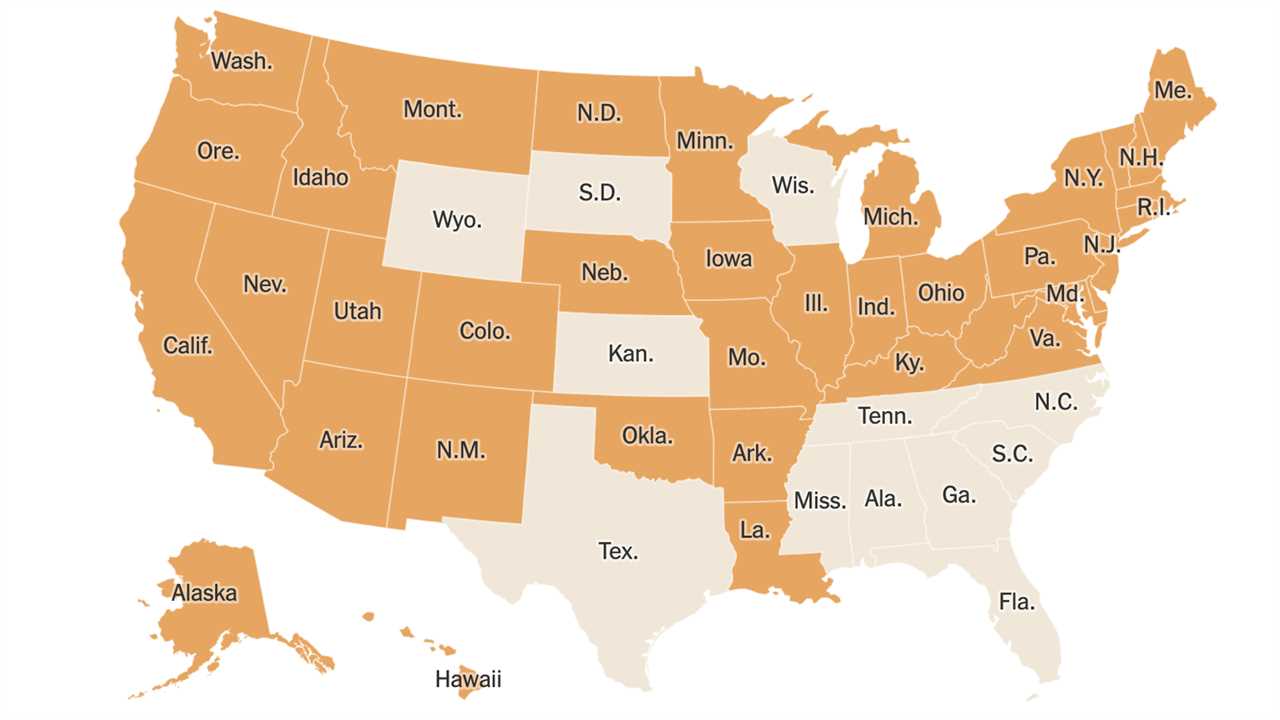
Some Democrats are eager to build on their Affordable Care Act victories in the Supreme Court by filling a gaping hole created along the way: the lack of Medicaid coverage for millions of low-income Americans in 12 states.
But so far, Republican leaders in those states are refusing to use the health law to expand Medicaid, despite considerable financial incentives offered under the law and sweetened under the Biden administration. Some are trying to defy the will of their own voters, who passed ballot initiatives calling for expansion.
And in Washington, Democrats who want to act are divided about when and how.
Democratic House members from states that have not expanded have begun to push for the federal government to intervene and provide coverage to the four million Americans shut out of Medicaid expansion.
“We cannot wait anymore,” said Representative James Clyburn, Democrat of South Carolina, one of the holdout states. “The states didn’t do it. We in Congress have got to move.”
But some Democrats quietly express reluctance about spending billions to fix a coverage gap created by Republican governors and legislatures when that money could go to other health care priorities. Democrats are also considering expanding Medicare, which provides coverage to older Americans, by lowering the eligibility age to 60 and covering additional benefits.
“If you were thinking in strictly political terms, advocating for Medicare expansion has a lot more political gold than Medicaid expansion,” said Joaquin Castro, a Democratic congressman from Texas, which has nearly 1.5 million people shut out of Medicaid eligibility, the most of any state. “But that is why we as Democrats need to redouble our efforts to focus on this vulnerable population.”
How to bring coverage to Americans in those 12 states is a problem that the creators of the Affordable Care Act never anticipated. The original law expanded Medicaid in all states to cover Americans earning less than 138 percent of the federal poverty line ($17,420 for an individual as of 2021) and required states to provide some funding. In 2012, the Supreme Court ruled that provision unconstitutional and instructed the government to make the program optional.
Eighteen states and the District of Columbia, all with Democratic leadership, joined the program when it began in 2014. Twenty more states have since joined, including six that used ballot initiatives to circumvent Republican legislatures and governors opposing the program.






